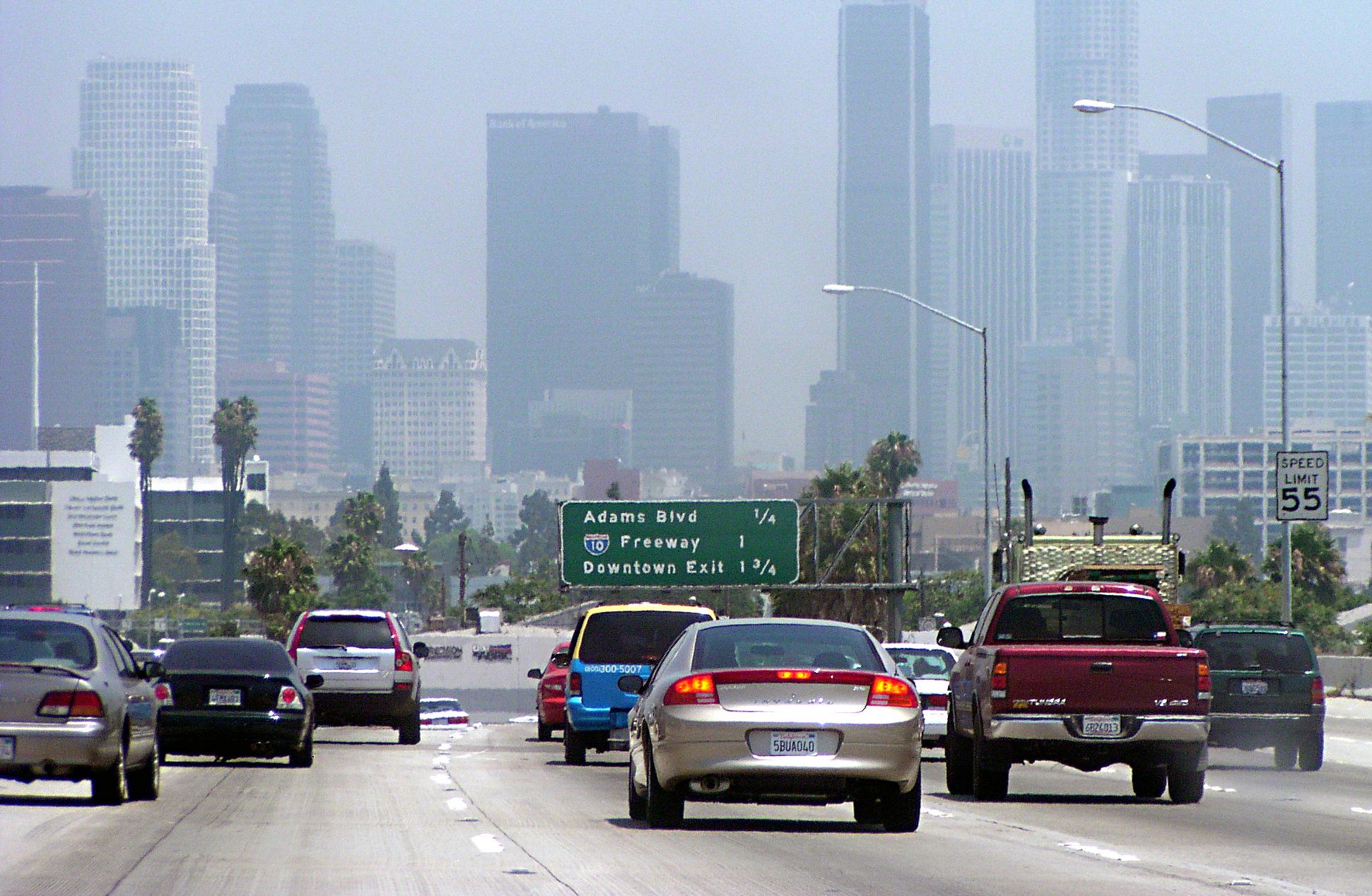Last week in Philadelphia, the Obama Administration unveiled its comprehensive plan to connect 80 percent of Americans by high-speed rail. And it wasn’t long before the proposal attracted critics, like Robert J. Samuelson of the Washington Post. Much of the blowback centers around the argument that rail is too costly at a time when budgets are stretched thin.

Vice President Joe Biden and Transportation Secretary Ray LaHood arrived for last week's rail announcement in Philadelphia by Amtrak. Photo: The Fast Lane
Transportation Secretary Ray LaHood is firing back today on the Department of Transportation’s Fast Lane blog. He argues that projected population growth simply can’t be accommodated with more roads and runways, and says neglecting the country’s rail network will have a tremendously negative effect on future competitiveness. LaHood elaborates:
Transportation is the lifeblood of today’s global economy. And if we can’t move goods and people faster and more efficiently than our competition, there’s no way we can remain the most prosperous and productive country in the world. The undeniable fact is that our existing systems are not up to tomorrow’s load.
As the Secretary of Transportation, let me be clear: there is no amount of money that could build enough capacity on our highways and at airports to keep up with our expected population growth in coming decades. America’s population will grow by 70 million in the next 25 years and 100 million in the next 40 years. Adding capacity to an interstate highway in the congested Northeast would cost more than $40 million per mile and cause enormous traffic backups, assuming we even had the space. A relatively “inexpensive” airport runway can cost half a billion dollars to construct.
The President understands what the Washington Post does not — that we can’t shortchange tomorrow’s economy by failing to lay the foundation for growth today.
In other words, the administration’s proposed investment in rail pales in comparison to the price Americans will pay for an outmoded transportation system. It’s hard to argue with that, especially when it comes from a secretary of transportation who has a Streetsblog Network blog and a vice president who rides Amtrak.
Elsewhere on the Network today: PubliCola reports on a New Congress for New Urbanism study that finds that a road tunnel project proposed for Seattle isn’t justified by car-use trends; Portland Transport provides a primer on “Market Urbanism,” the belief that suburbanization has been caused by interference in the private market through zoning, parking minimums and other regulations; and the Cascade Bicycle Club lobbies on behalf of a vulnerable user bill in Olympia, Washington.





